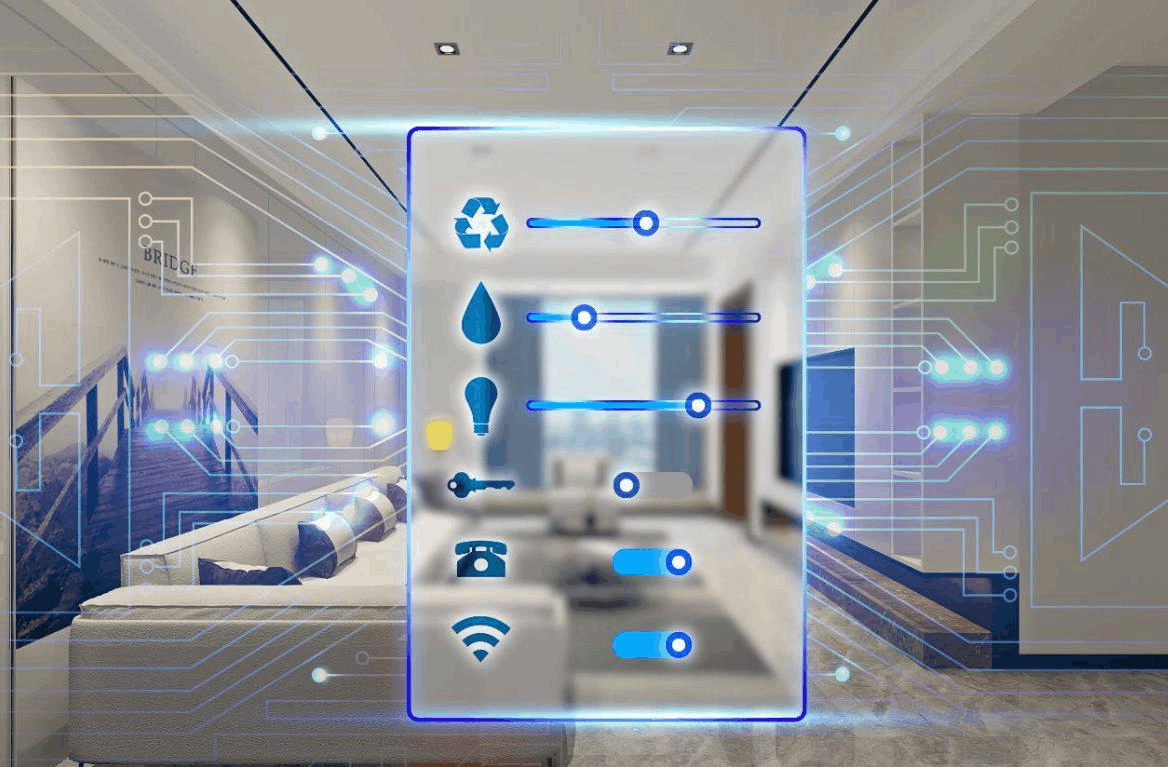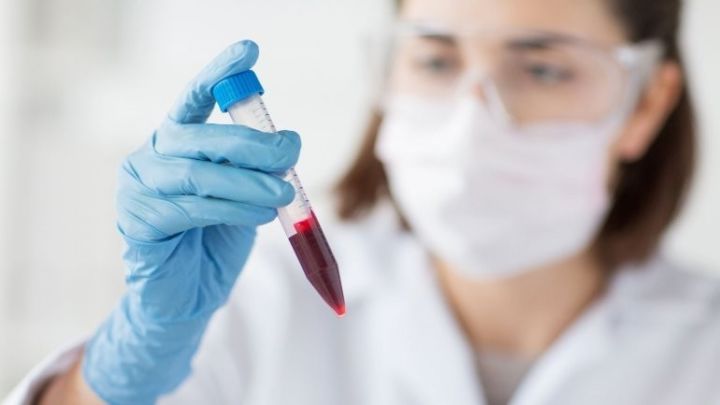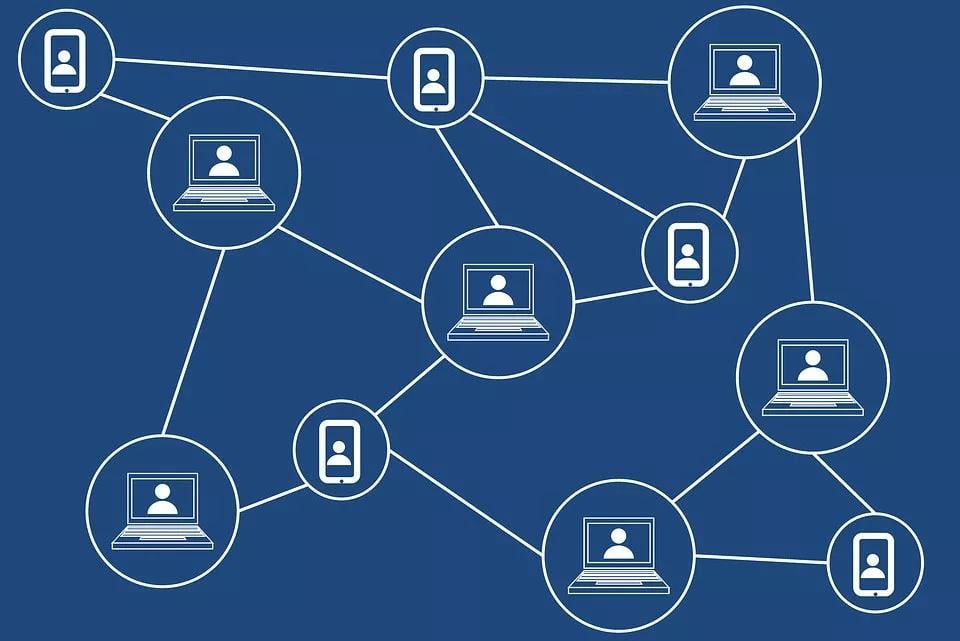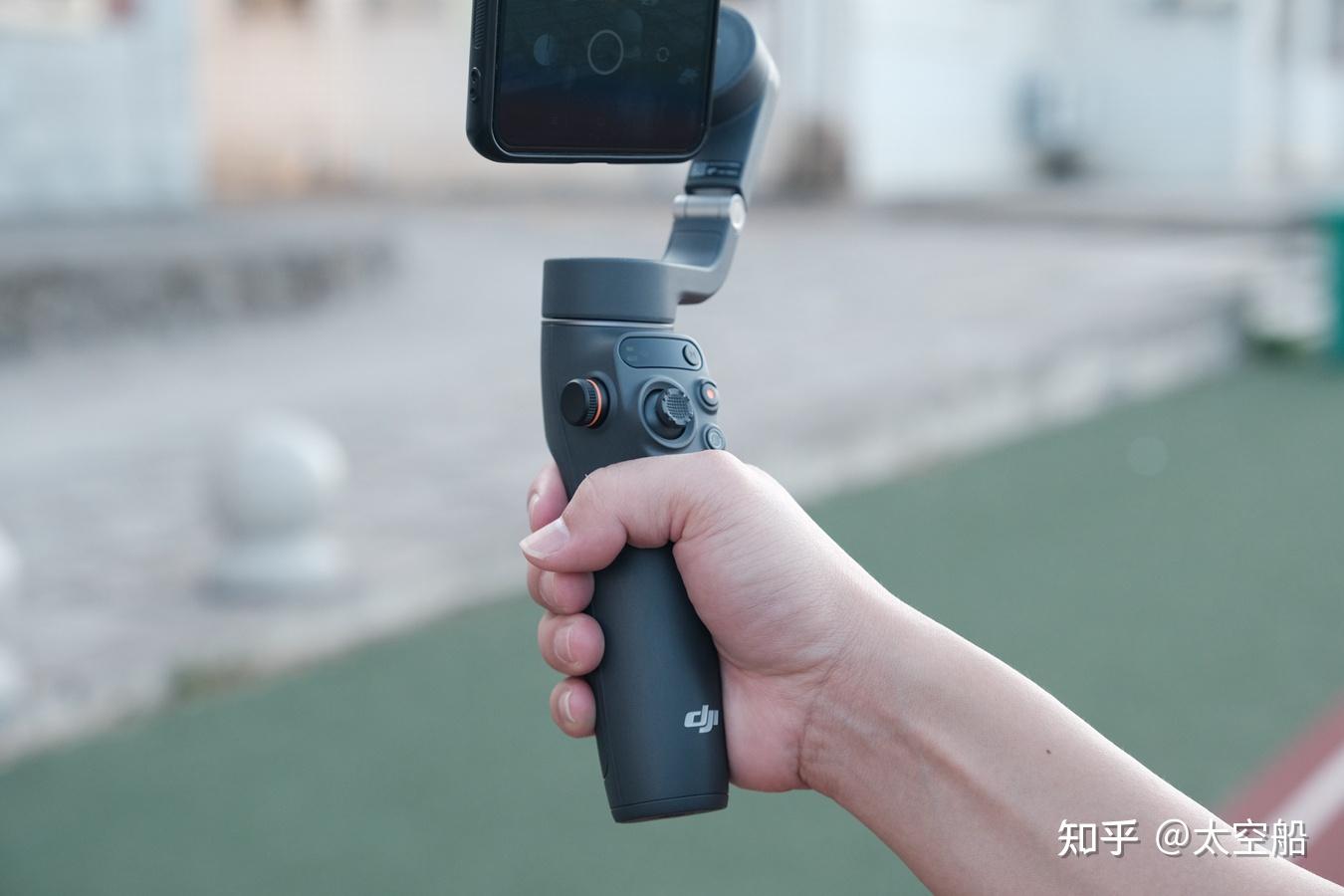One day you wake up with a device on your body that has already helped you measure your sleep quality, heart rate, and blood oxygen level, and even reminded you that you need to drink more water today. This is not a science fiction movie, but wearable health monitoring devices that are becoming more and more common around us. These devices are like little personal health butlers that follow you around at all times, silently keeping an eye on your physical condition and helping you manage your health.
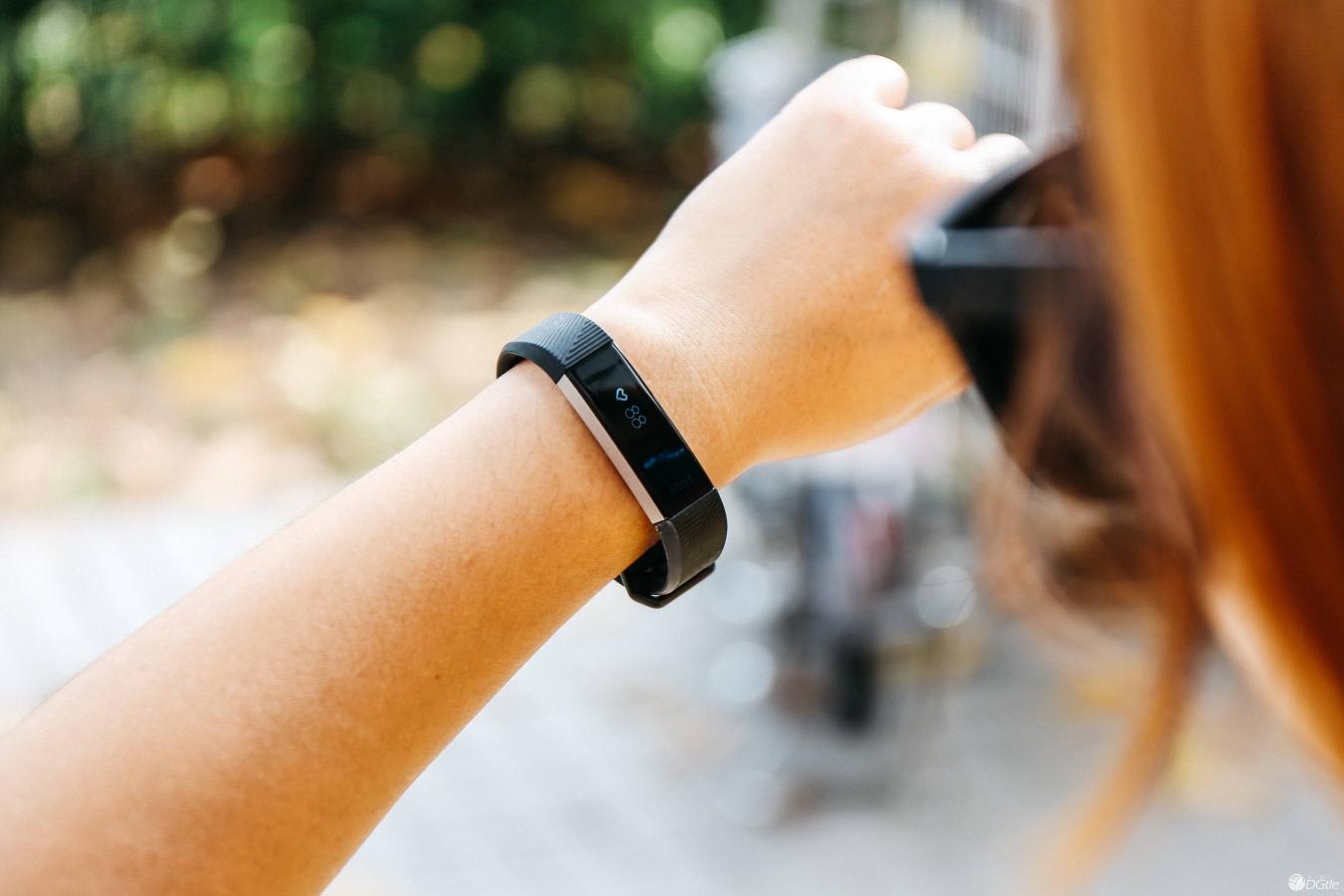
The most common ones are smartwatches, fitness bracelets, smart rings, and even smart clothes. These devices not only show the time but also help you record your daily exercise, heart rate, sleep quality and so on. It's like a health assistant that accompanies you all the time, reminding you when to get up, when to exercise, and when to rest.
How do these smart little housekeepers work? They have a variety of sensors hidden inside. For example, a heart rate sensor can calculate your heart rate by measuring the speed of blood flow under your skin; accelerometers and gyroscopes can sense your movement status and determine whether you're running, walking, or sitting still; and some of the more advanced devices even come with oximetry sensors and an ECG function that monitors your blood oxygen levels and electrocardiogram.
The data collected by these sensors is transmitted to your phone via Bluetooth or Wi-Fi, and a dedicated app analyzes the data and generates intuitive health reports. If you're a fitness enthusiast, a wearable health monitoring device can help you record your daily steps, calories burned, exercise time, and more. It's like a personal trainer, escorting your exercise anytime, anywhere.
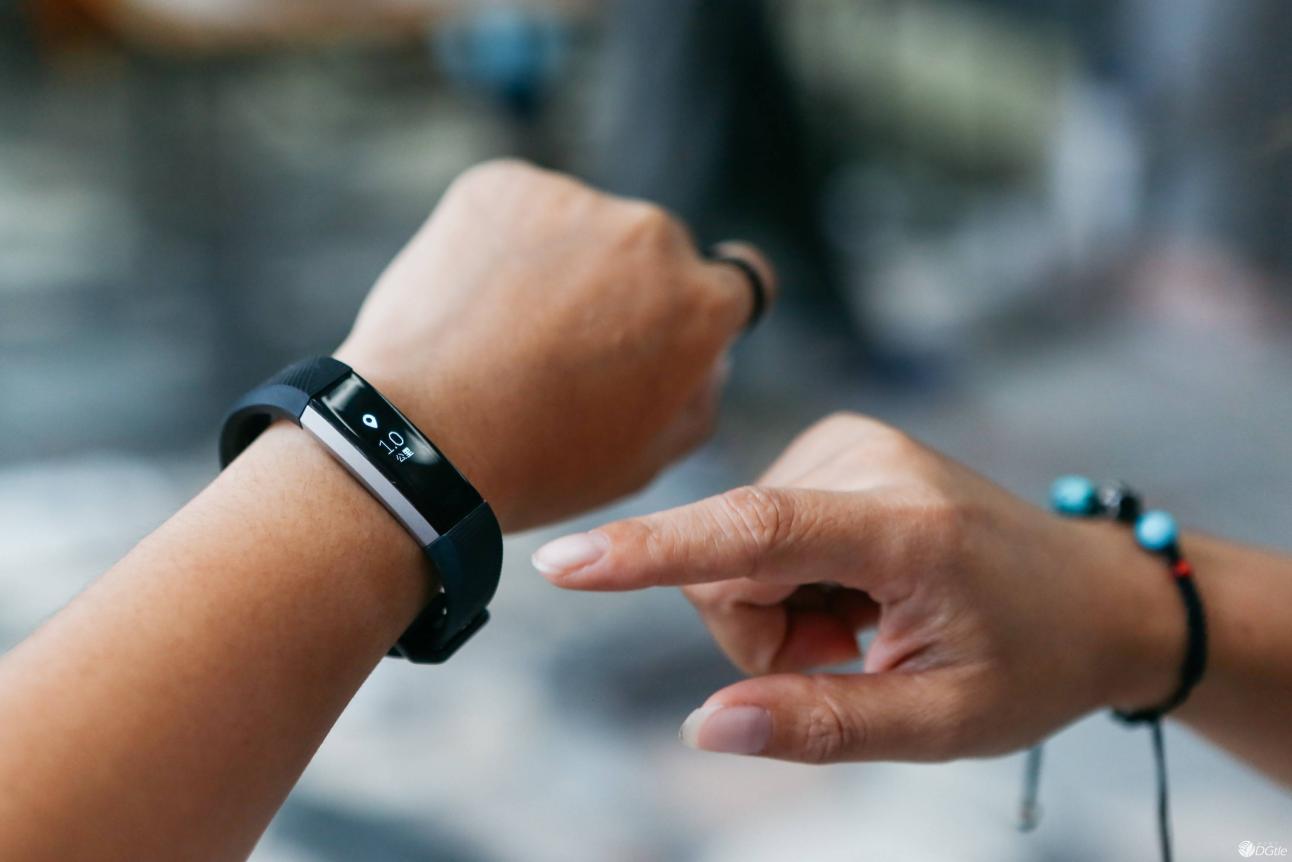
Many people have sleep problems, and the wearable device can help you analyze the quality of your sleep. It can record the number of times you roll over during the night, the duration of deep and light sleep, and even your breathing rate. When you wake up in the morning, you can use the report provided by the device to understand how you slept last night and find ways to improve your sleep.
Wearable devices not only monitor your health data but also give you health advice based on that data. If you sit for a long time, it will remind you that it's time to get up and move around; if you don't drink enough water today, it will remind you to drink more; and even when you exercise too much, it will remind you that it's time to take a break.
With the continuous progress of technology, wearable health monitoring devices are also being updated and evolved. In the future, these devices will become smarter and more comprehensive, and may even integrate more medical features to help doctors with remote diagnosis and treatment. Perhaps one day, each of us will have a more comprehensive and intelligent personal health mini-manager for our health.
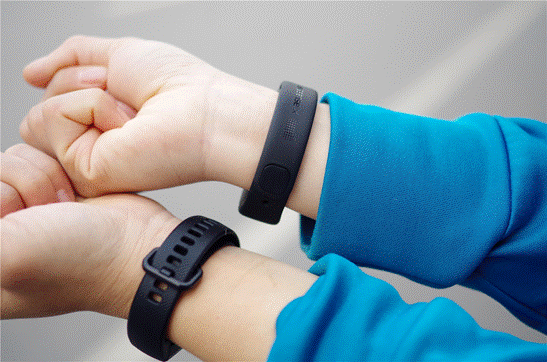
Wearable health monitoring devices have become a part of modern life, like a portable health butler that keeps an eye on our physical condition. In the future, as technology develops, these devices will become even smarter and more powerful, making it easier for each of us to manage our health.
So the next time you put on a smartwatch or fitness bracelet, it's as if there's an attentive your very own health butler standing beside you, silently working for you and monitoring your real-time health.

